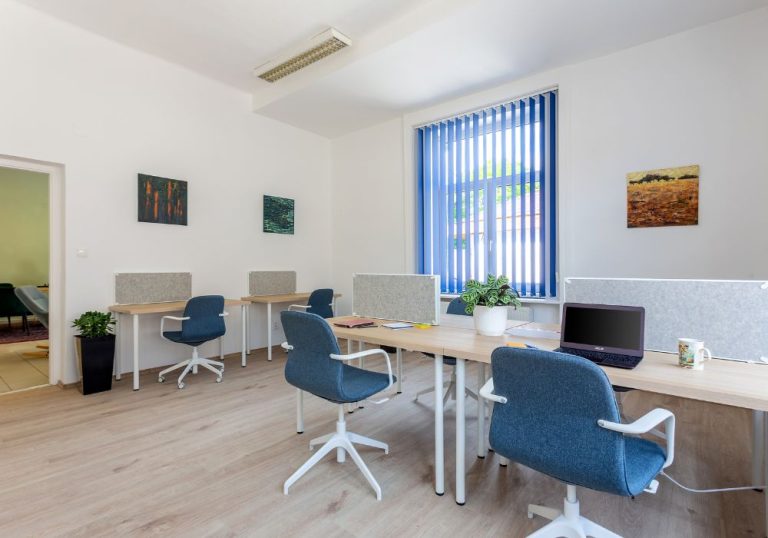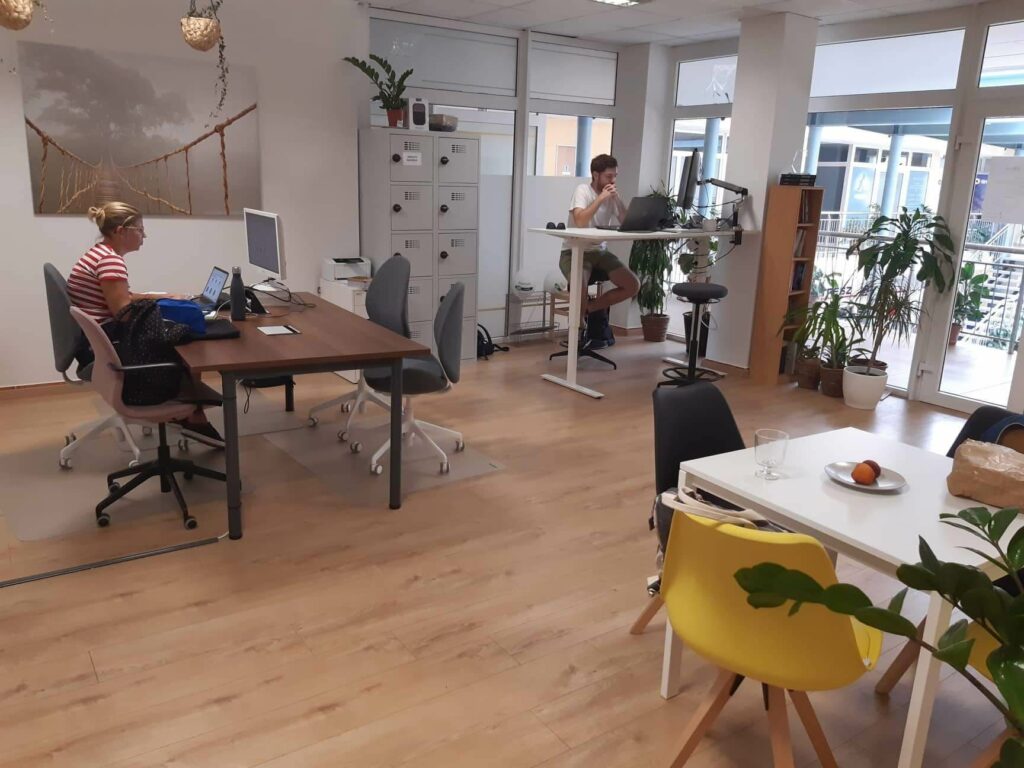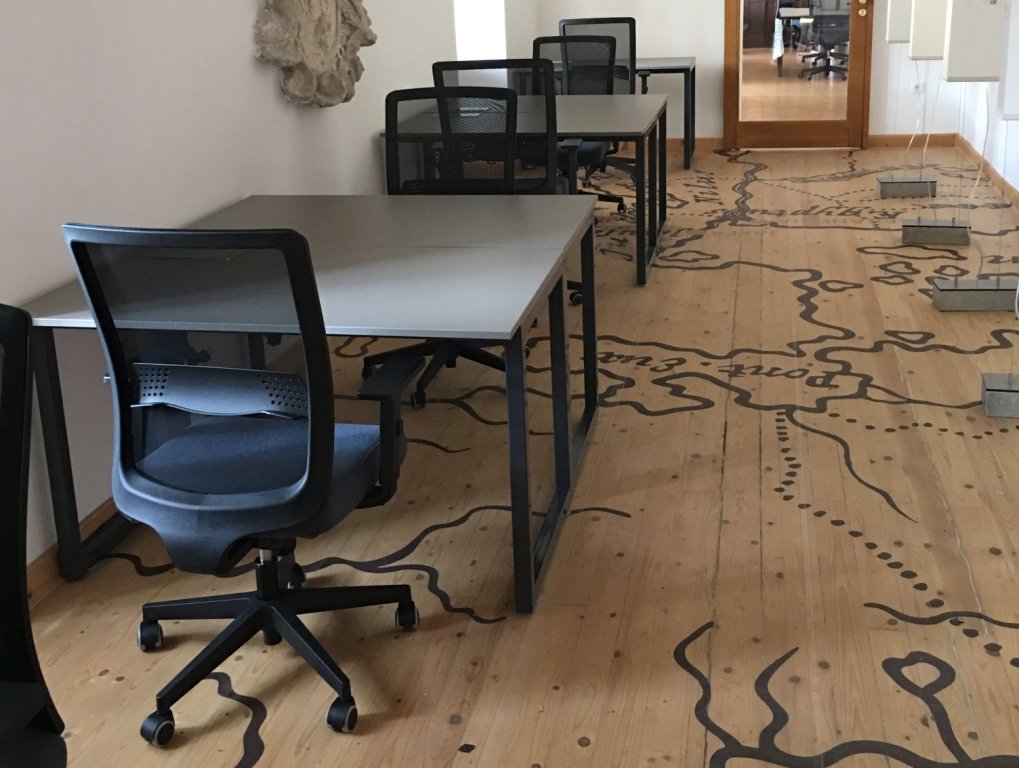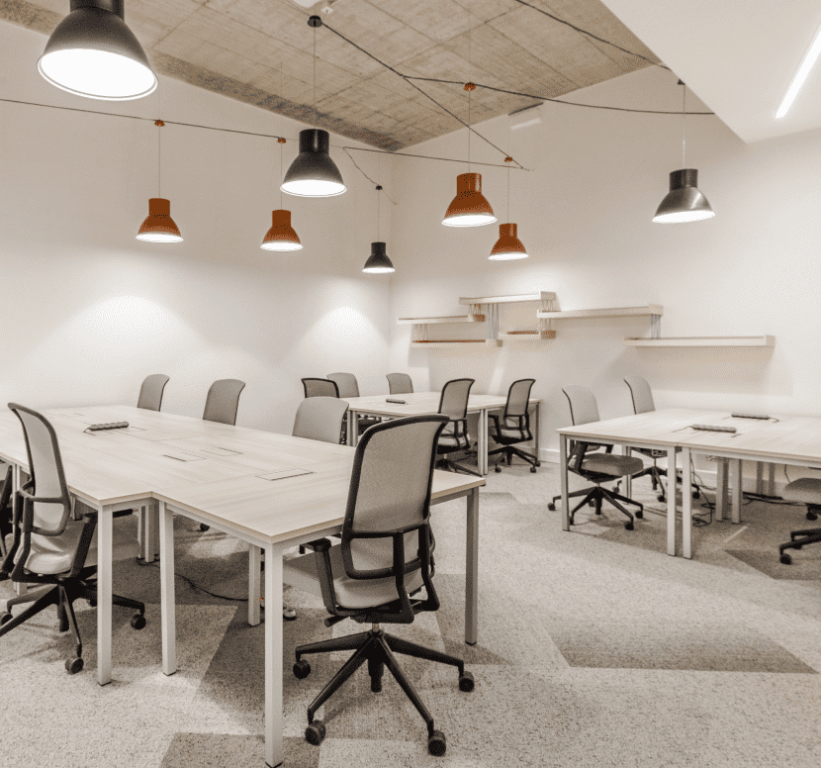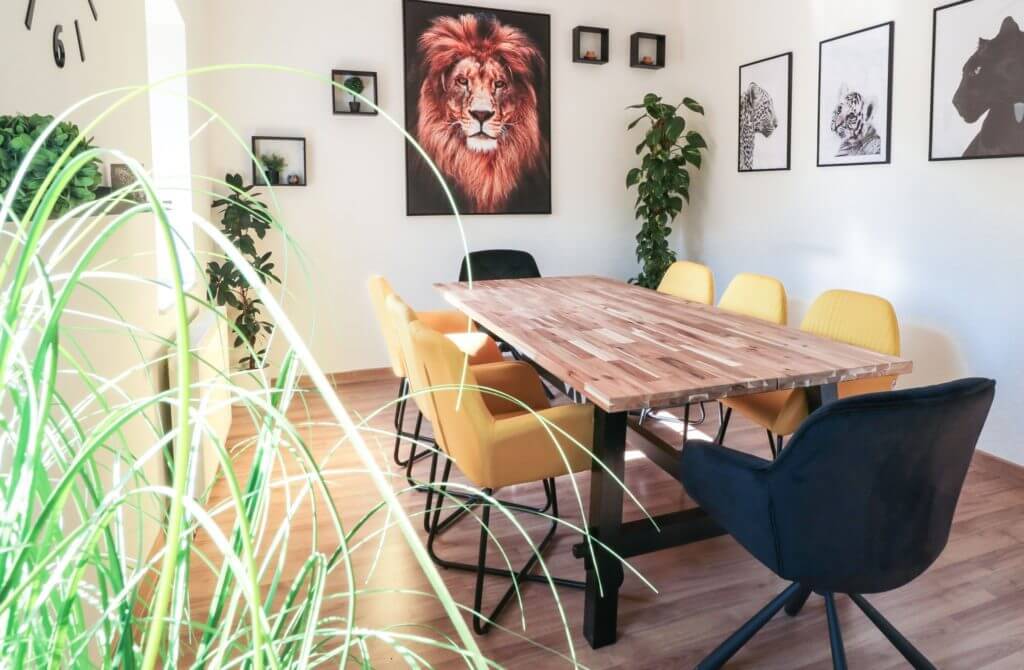For some, it's still a new concept, but luckily, more and more people are not only aware of coworking spaces but understand and take advantage of their benefits! Freelancers, independent contractors, and even employees working from home should not miss out on the opportunities offered by coworking offices. For small, flexible teams and companies, here’s a simple fact: choosing a coworking space for your team’s base can be significantly cheaper than renting and maintaining a private office.
How Much Does It Cost to Work in a Coworking Space? What Are the Benefits? This article provides a detailed look into why coworking could be a smart choice for you, your team, and your business.
Office rental vs. coworking prices
Traditional office rentals usually come with long-term commitments and the associated costs—rent, utilities, maintenance, furniture, and equipment—which can place a heavy burden on businesses. In contrast, coworking spaces are priced according to the actual needs of the users. You can choose from hourly, daily, weekly, or monthly rental options, and some places even offer half-day or 15-day passes.
This means you only pay for the time you actually use the space, making this option particularly advantageous for small businesses, freelancers, and startups that often work with fluctuating budgets and prefer not to commit long-term.
Coworking prices often include perks like coffee and tea, bike storage, and showers. With monthly passes, it's not uncommon to get unlimited 24/7 access, free meeting room usage, or package delivery services.
The price differences between traditional office rentals and coworking spaces can be significant. For those prioritizing affordability, coworking spaces are likely the way to go. In 2024, daily coworking rates vary by city but generally range between 3,000 and 7,000 HUF. Many places offer hourly, daily, and monthly passes, with longer-term passes usually offering better rates. Some locations also offer special discounts.
On the other hand, traditional office rentals involve substantial initial costs. Typically, these rentals require long-term contracts, demanding serious commitment from the tenant. Moreover, tenants need to handle furnishing the space, setting up the necessary technology, and covering additional daily operating costs like utilities, cleaning, or maintenance. These costs can be unpredictable and significantly strain a company’s budget, especially in the early stages.
Coworking = Flexibility and a Creative Work Environment
Coworking spaces offer flexibility not only in pricing and rental terms but also in the work environment itself, which can be more dynamic and inspiring than a traditional office. In coworking offices, you can meet professionals from various fields, freelancers, and entrepreneurs, creating excellent networking opportunities and facilitating knowledge sharing. The inspiring atmosphere of a coworking space often fosters spontaneous collaborations. Additionally, coworking spaces frequently organize community events and workshops, encouraging innovation and the exchange of ideas.

including the CAPSULE 2024 Bootcamp for women entrepreneurs.
In contrast, traditional offices typically provide closed, private spaces, which can be ideal for businesses needing full focus or dealing with sensitive information. However, this kind of isolation can also be a downside, as it limits informal interactions.
Think ahead about growth
With traditional office rentals, you need to think at least a year ahead. The lease agreement ties your company down, making it harder to adapt to changes in business conditions, such as an increase or decrease in staff.
In coworking spaces, you can rent separate offices or reserve different workstations. Additionally, coworking offers several benefits to your team, including increased efficiency, networking opportunities, and inspiration.
If your needs change, relocating is usually simple and can be done in a short amount of time.
Work environment and infrastructure
With traditional office rentals, building and maintaining the necessary infrastructure might fall on you. You’ll likely have to arrange for a fast internet connection, purchase and maintain office equipment, and ensure access to meeting rooms and projectors.
Coworking spaces typically provide essential infrastructure—high-speed internet, printing facilities, meeting rooms, and other office tools are all standard offerings.
Which one should you choose?
Whether traditional office rental or coworking is the right choice for you depends largely on the size of your business, the nature of your activities, and your work habits. Coworking spaces are particularly beneficial for freelancers, startups, and small businesses seeking flexibility and cost-effectiveness. Traditional office rentals are more suited to companies looking for a stable, long-term location and willing to invest in infrastructure and the advantages of a private space.
Both options have their own benefits, and the best choice depends on the specific needs of your business. Whether you choose a coworking space or a traditional office, it's crucial to weigh the options carefully and make a decision that best supports your business's growth and efficiency.


